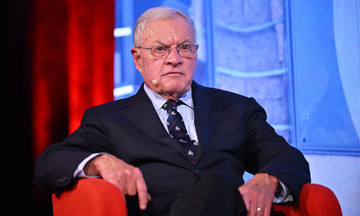Iran's leadership has repeatedly threatened to "wipe out" Israel and its American ally, even launching missiles at US bases in Iraq in 2020 in retaliation for the death of General Qasem Soleimani. However, when faced with the prospect of direct military confrontation with the US, Iran has often stepped back.
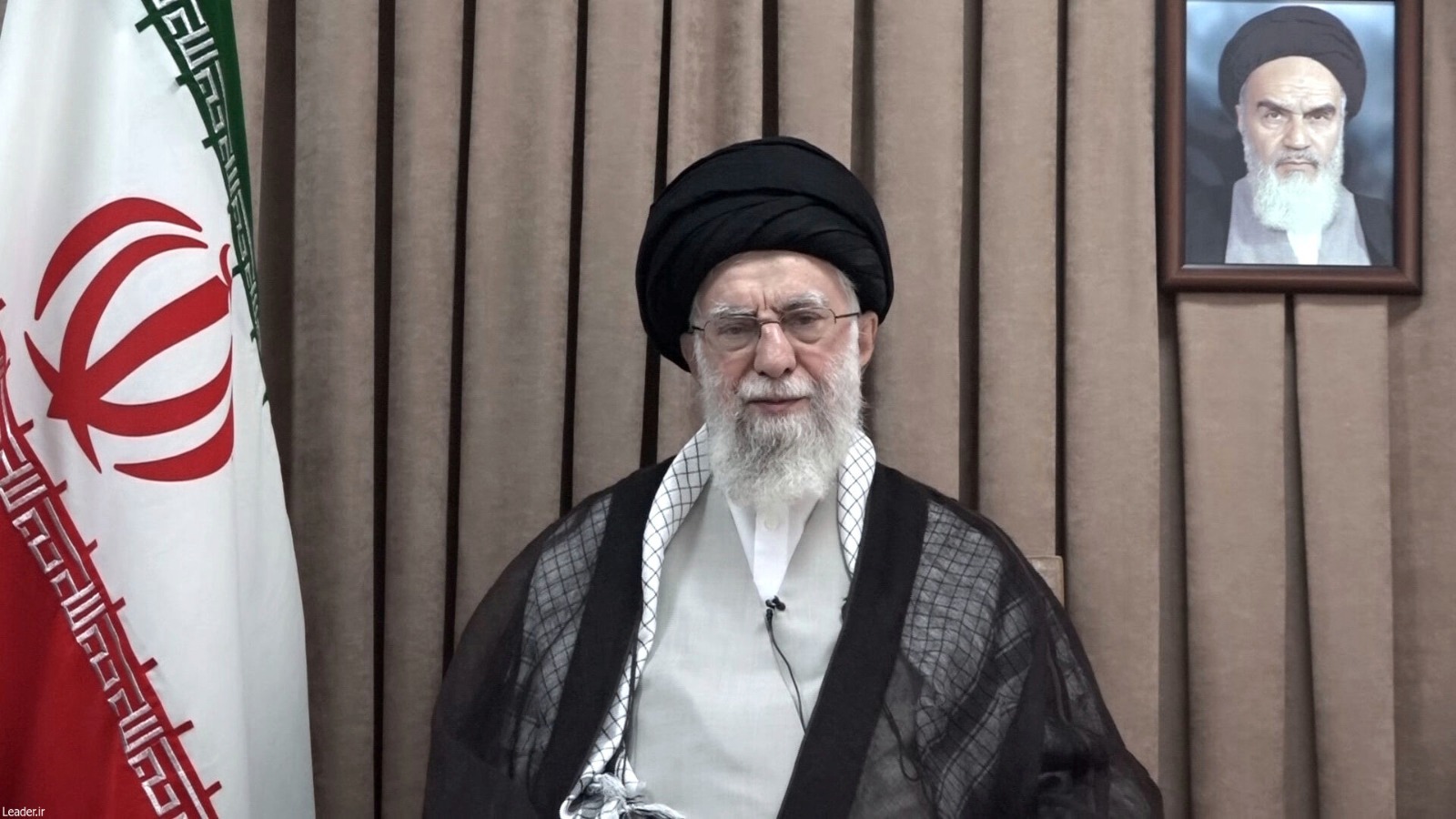 |
Supreme Leader Ali Khamenei speaks on 21/6, warning the US against involvement in the Israeli-Iranian conflict. Photo: AP |
Supreme Leader Ali Khamenei speaks on 21/6, warning the US against involvement in the Israeli-Iranian conflict. Photo: AP
But President Donald Trump's order to strike three Iranian nuclear facilities on 21/6 has created a volatile situation. Foreign Minister Abbas Araghchi declared that Iran has the full right to respond to the US attack and warned that Iran would not hesitate to use all measures to "protect its sovereignty, interests, and the safety of its people".
He criticized the US for violating the UN Charter and international law, emphasizing that "this action will have long-term consequences".
Two senior Iranian officials revealed that Tehran had hoped White House advisors would persuade Trump against military intervention. They said Araghchi had engaged in a series of diplomatic efforts to rally international support for Iran, flying to Turkey for meetings and contacting European counterparts, Arab leaders in the region, and Turkish leaders.
But these efforts were unsuccessful. Trump deployed B-2 bombers to drop bunker-buster "super bombs" on the Fordow nuclear facility and launched Tomahawk missiles at the Natanz and Isfahan facilities. He declared these nuclear facilities "completely wiped out", marking the first time the US has directly launched airstrikes on Iranian territory.
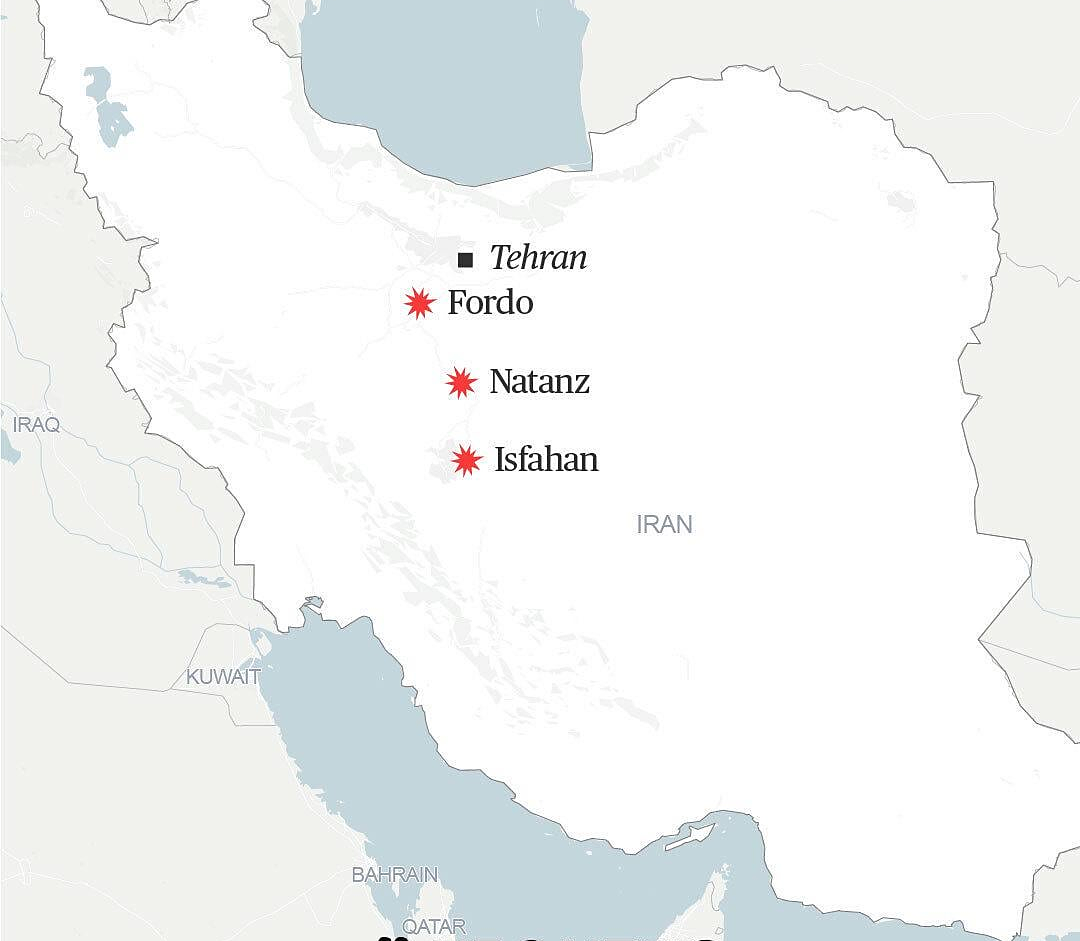 |
Three Iranian nuclear facilities were hit by US airstrikes. Graphic: NBC |
Three Iranian nuclear facilities were hit by US airstrikes. Graphic: NBC
Iran subsequently launched a series of ballistic missiles causing "extensive damage" in Israel, but has not yet retaliated directly against US targets in the Middle East. However, Iranian generals have repeatedly warned of retaliation if the US joins Israel in the conflict.
"US bases in the region are not fortresses, but very vulnerable targets," the semi-official FARS news agency of the Islamic Revolutionary Guard Corps (IRGC) declared after the attack. "We have identified and are monitoring the origin of the aircraft involved in the airstrikes".
General Mohsen Rezaei, former IRGC commander and member of Iran's Supreme National Security Council, previously warned that if Trump intervened in the war, Iran would attack US military bases, lay mines in the Persian Gulf, and blockade the Strait of Hormuz.
With its strategic location next to the Strait of Hormuz, through which 20 million barrels of crude oil and petroleum products – one-fifth of the world's oil supply – are transported daily, Iran could disrupt the global energy supply chain by blockading this "chokepoint".
"When war breaks out, both sides attack each other. This is understandable," Araghchi said on 20/6. He said today that Iran has the right to use all measures to respond to the US attack. "Self-defense is the legitimate right of every nation," he said.
But any retaliation carries significant risks for Iran. Direct confrontation with the US could ignite an all-out war with a military superpower and its ally Israel, potentially plunging the country into a cycle of conflict and instability.
However, if Iran chooses to back down, refrain from retaliating, and accept negotiations as demanded by Trump, it risks losing its position with its nuclear program dismantled, its military weakened, and no cards left to play in negotiations to lift sanctions. Iran's regional influence would also be undermined.
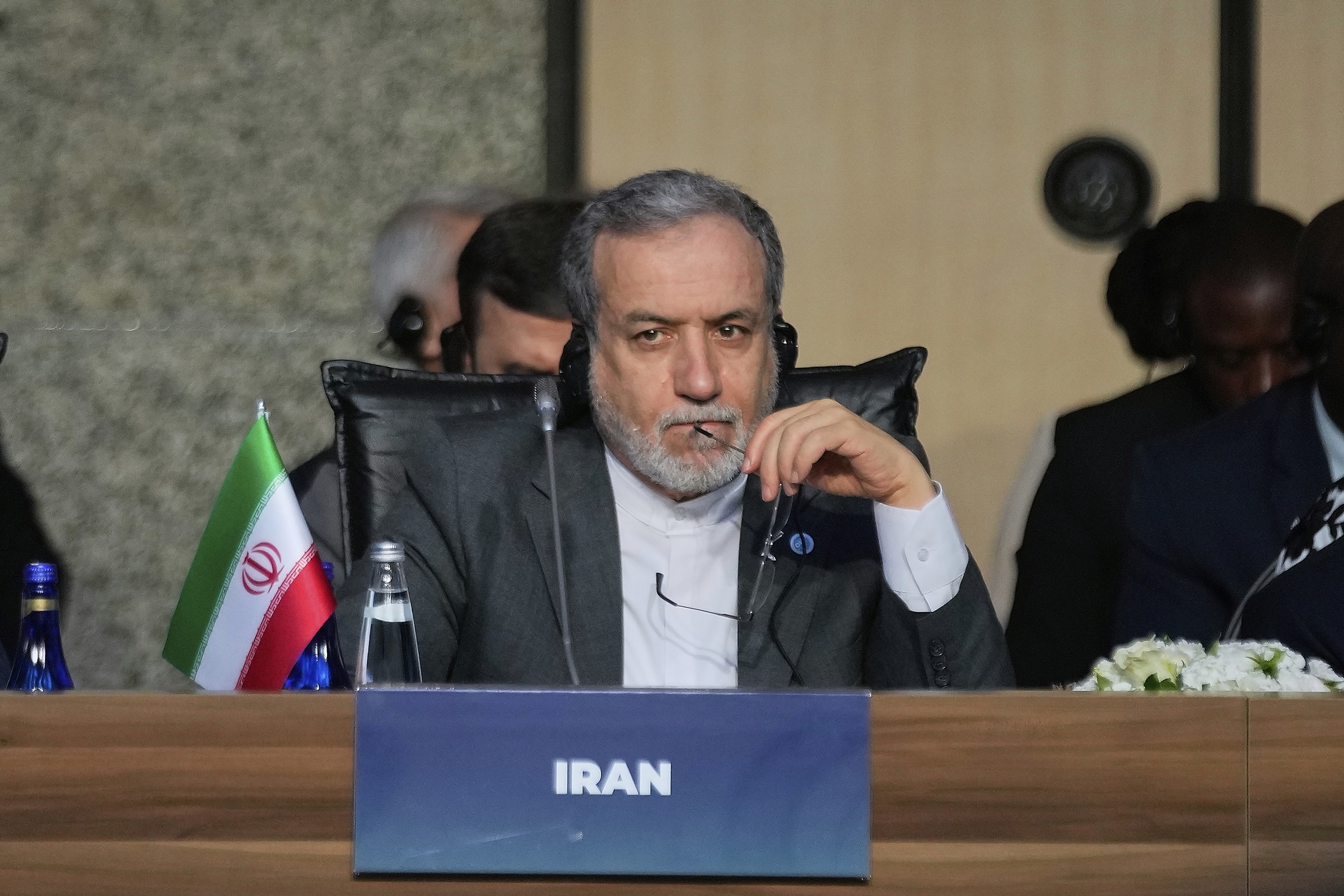 |
Iranian Foreign Minister Abbas Araghchi attends the Organization of Islamic Cooperation (OIC) Foreign Ministers' meeting in Istanbul, Turkey, on 21/6. Photo: AP |
Iranian Foreign Minister Abbas Araghchi attends the Organization of Islamic Cooperation (OIC) Foreign Ministers' meeting in Istanbul, Turkey, on 21/6. Photo: AP
"If we don't respond, the US won't leave us alone when they can easily attack Iran and then withdraw," said Reza Salehi, a conservative political analyst in Tehran, after the attack. "The major challenge we face is that if we agree to negotiate, the other side will demand more, such as limiting Iran's defense capabilities, which will make things more complicated".
A key lever for Iran to deter the US is its allied militias in the "Axis of Resistance". However, the most important groups, such as Hezbollah in Lebanon and Hamas in Gaza, have been severely weakened after wars with Israel, while militia groups in Iraq have almost completely ceased attacks on US bases.
Currently, Iran can only rely on the Houthi forces in Yemen, a country located on a vital maritime route along the Red Sea. The Houthis threatened to end the ceasefire in May and attack US bases if Washington supports Israel's attack on Iran.
"If the US joins hands with Israel to attack Iran, US warships in the Red Sea will become our targets," Houthi military spokesman Yahya Saree declared on 21/6.
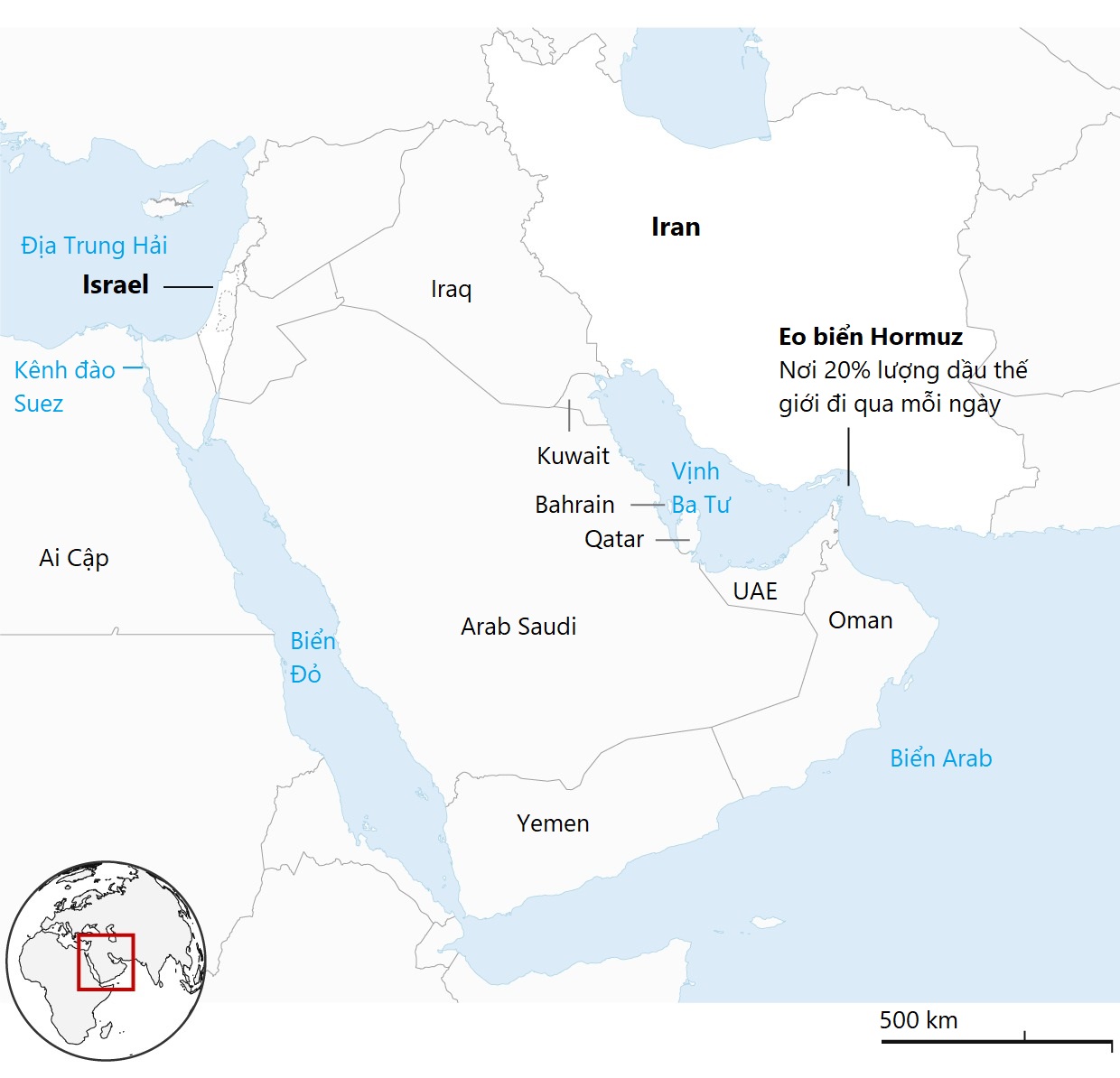 |
Iran's strategic location in the Middle East. Graphic: Guardian |
Iran's strategic location in the Middle East. Graphic: Guardian
Araghchi said that by launching airstrikes on the three nuclear facilities, the US had decided to "blow up" diplomatic efforts with Iran.
Before Israel's preemptive strikes on 13/6, Iran and the US were negotiating through Oman about limiting Iran's nuclear program in exchange for the US lifting sanctions. The US demanded that Iran stop enriching uranium and join a nuclear alliance with Arab countries to purchase civilian nuclear fuel.
Iran was considering a response, but Tehran firmly rejected the demand to stop domestic uranium enrichment and would not abandon its nuclear program. Negotiations collapsed after Israel's preemptive strike, two days before Iran and the US were scheduled to meet in Oman.
Iran then continued its negotiation efforts with the E3 group, consisting of three European countries: the UK, France, and Germany, to find a solution to the conflict with Israel.
"Last week, we were negotiating with the US when Israel decided to blow up the diplomatic effort. This week, as we were talking with the E3, the US again blew up that diplomatic path," Araghchi wrote on X. "The UK and the EU asked Iran to return to the negotiating table. But how can we return to something that has been blown up?"
Hong Hanh (According to Guardian, Reuters)







